Allstar is launching a pilot scheme aimed at improving home charging access for fleet drivers who lack a driveway, with a full rollout planned for early 2026.
The new initiative is the result of a partnership between Allstar and Co Charger, the community-based electric vehicle (EV) charger-sharing platform.
The project is designed to help fleet managers extend EV access to drivers unable to charge at home, supporting broader fleet electrification goals.
Tom Rowlands, managing director of global EV solutions at Corpay, which is the parent company of Allstar, said: “We’re about to launch the pilot with a couple of fleets.
“We’ve identified drivers in areas where Co Charger has good host coverage and we’re working through how the user experience flows.”
Co Charger has a network of around 6,000 hosts in near home locations across the UK.
Drivers are matched with a host to park and charge their car when it’s convenient for both parties. The fee to charge is often closer to home energy prices, compared with what it costs on the public network.
Allstar is launching a pilot scheme aimed at improving home charging access for fleet drivers who lack a driveway, with a full rollout planned for early 2026.
The new initiative is the result of a partnership between Allstar and Co Charger, the community-based electric vehicle (EV) charger-sharing platform.
The project is designed to help fleet managers extend EV access to drivers unable to charge at home, supporting broader fleet electrification goals.
Tom Rowlands, managing director of global EV solutions at Corpay, which is the parent company of Allstar, said: “We’re about to launch the pilot with a couple of fleets.
“We’ve identified drivers in areas where Co Charger has good host coverage and we’re working through how the user experience flows.”
Co Charger has a network of around 6,000 hosts in near home locations across the UK.
Drivers are matched with a host to park and charge their car when it’s convenient for both parties. The fee to charge is often closer to home energy prices, compared with what it costs on the public network.
Fleets could switch more drivers to EV
Rowlands explained the strategic rationale behind the partnership. “What we’ve seen as EV adoption has accelerated is more and more fleet drivers without access to a driveway, maybe they live in apartments, rural areas, or new builds with lease restrictions,” he said.
“We want to offer an alternative to help those drivers charge near home, without relying entirely on public infrastructure.”
By leveraging Co Charger’s technology, Allstar can provide a solution to fleets that are exploring the option of helping more drivers get into an EV, regardless of whether they have off-street parking or not.
“This isn’t going to be as cheap as true home charging,” Rowlands acknowledged.
“There’s a host involved, who understandably wants to earn a margin, but it should still come in cheaper than on-road AC charging, especially rapid charging.
“For many fleets, that combination of cost reduction and improved uptime makes this a compelling option.”
Targeting cars and vans
The pilot phase will initially focus on larger fleets - not due to exclusivity, but to manage the user journey in a more controlled way.
“We’re certainly not limiting this to cars,” said Rowlands. “Some of the fleets we’re piloting with are in the light van space.
“Long-term, we see this as a good fit for any fleet, big or small. “But right now we’re focusing on enterprise fleets, where the fleet manager can help with things like host-driver matching.”
Rowlands added that eventual production rollout will include more flexible user journeys to suit SME operators.
Despite using Co Charger’s host network and platform, the customer experience will remain within Allstar’s ecosystem.
Human and operational nuances
Joel Teague, Co Charger chief executive, told Fleet News the focus for the pilot is to look at behaviours of the solution in practice.
Teague said: “The infrastructure’s largely in place. What this pilot is about is working out the human and operational nuances.”
While hosts used to set their own rates, Co Charger now negotiates consistent pricing directly with hosts to ensure fairness and simplicity for fleets.
“The rates are lower than public charging and reliable enough that hosts still earn well, especially with regular use from trusted fleet drivers,” Teague noted.
Exclusive-use options are also available for fleets wanting guaranteed access.
Driver cooperation, Teague stressed, is key. “It’s not about forcing drivers into EVs and making them walk 10 minutes to charge,” he said. “We work with them to find the right fit.”
Driving new EV adoption and new hosts
While there will be benefits for existing EV drivers currently reliant on public charging, Rowlands sees the main opportunity in expanding the pool of viable EV drivers.
“The real value is enabling electrification for drivers who weren’t previously eligible people living in flats, or very rural areas with no infrastructure,” he said.
“For fleet managers, this expands the operational envelope.”
A key part of the project’s future success also lies in host recruitment. Rowlands noted: “We’re working closely with the team at Co Charger to help grow the host network because we know that to make this truly scalable for fleets, we’ll need strong geographic coverage across the country.”
The pilot will run this summer 2025, with a view to a full rollout in Q1 2026.
“This lines up with broader market trends, rising used EV availability, more fleet confidence, and the electric LCV market following the car market,” he concluded.
The switch to EVs is a top priority for most fleets, but it can be a complicated subject to tackle. Read the 'Electric Fleet: Taking Charge' report, from Fleet News for comprehensive and straightforward advice.
Login to continue reading.
This article is premium content. To view, please register for free or sign in to read it.

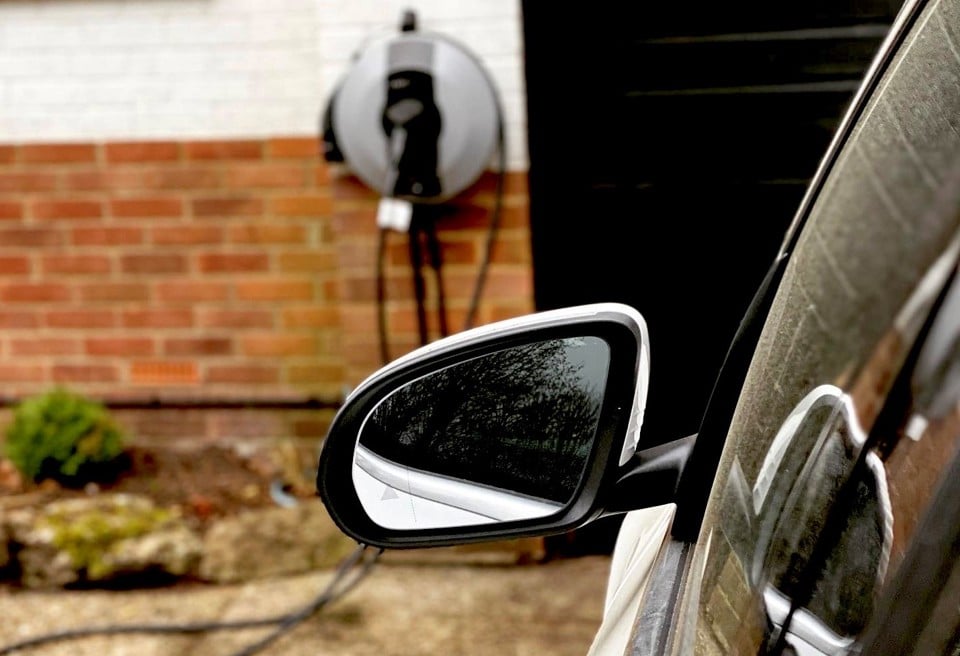



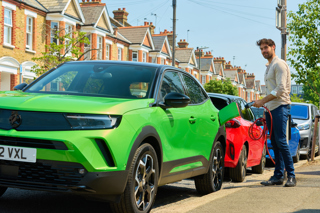
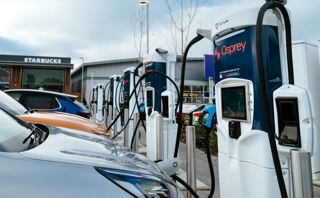

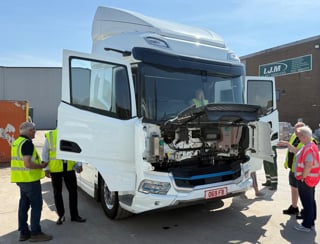
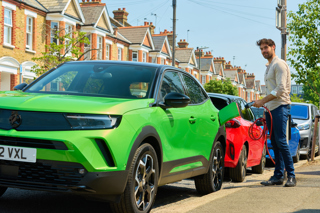












Login to comment
Comments
No comments have been made yet.